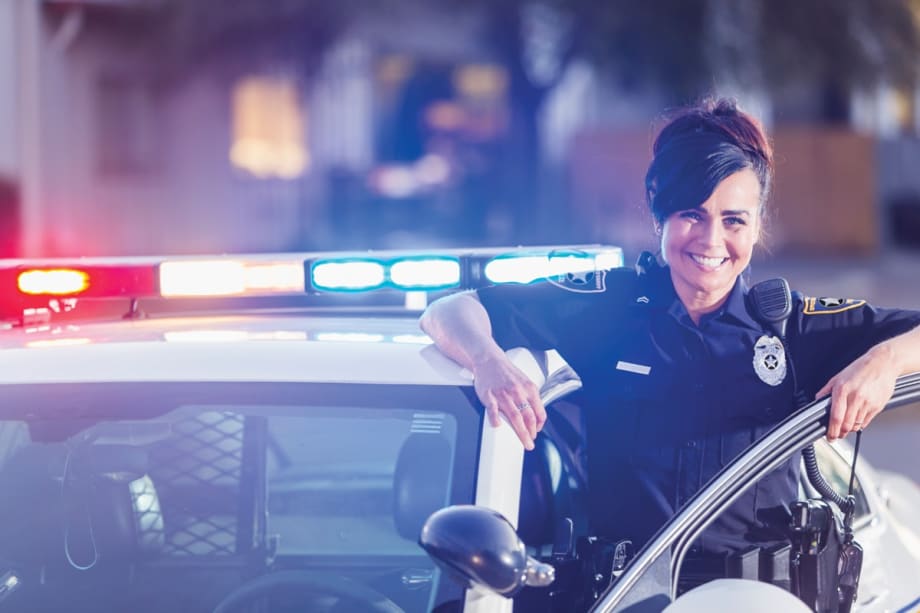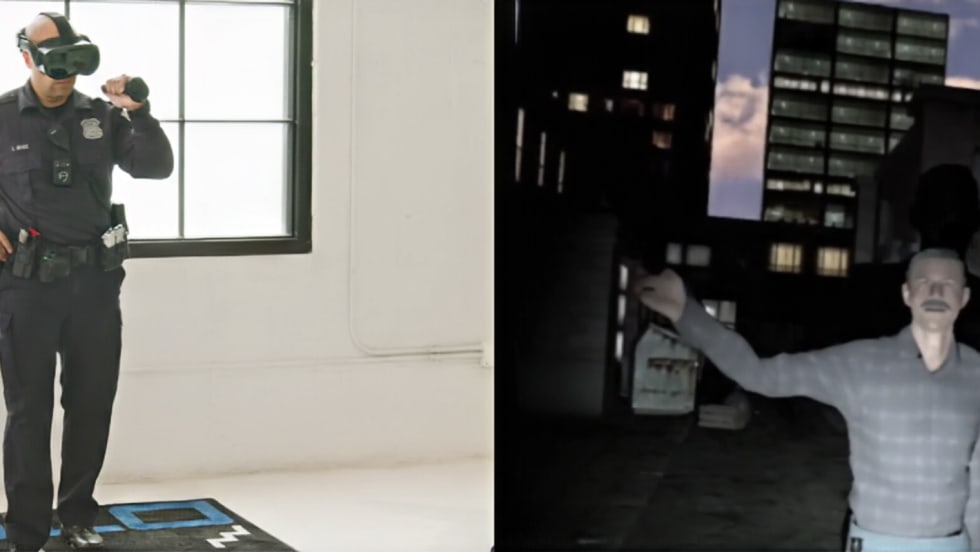I recently had a great conversation with one of the owners at the armory where I work as operations manager. He is former military, former law enforcement, and a competitive shooter like me. Since we share similar backgrounds, we were able to have a fruitful discussion about what characteristics make a good soldier, a good law enforcement officer, and a well-rounded employee.
At the end of the day, we had condensed a laundry list of elements into just three. We agreed that these three were critical components that cut through all professions and not just our own. We found that these three elements were an active part of any desirable trait, skill, or characteristic, especially in law enforcement. Deciding it was worth sharing, I present our combined thoughts in the form of three elements one would need in order to have a successful career. You need to be competent, capable, and confident.
Competent
Being competent means having the necessary ability, knowledge, or skill to do something successfully. Of the three elements, I feel competency is the simplest, though not necessarily the easiest to obtain. Competency is born out of the classroom: a great deal of training and tons of study.
Since the only cure for inexperience is experience, you must create a group of related abilities, knowledge bases, and skills that will enable you to act with purpose to meet your goals and objectives. In other words, you must first learn the technical side of your job and how to apply that knowledge in a wide variety of situations.
Law enforcement competency involves a great deal of hands-on training and an equal amount of scenario-based role play. Your training must identify what you can and can’t use in the field. Your role play is where you try out your new knowledge for the first time. If you want to shorten your learning curve, your path to competency should also contain a lessons-learned component from other officers and agencies. This will enable you to lessen the number of mistakes you will inevitably make as you try to gain some experience.
You will soon learn that competency in and of itself is not enough. I have known many book-smart officers who handled training well in a controlled environment. But place those same officers in the field, in a real-world situation, and they needed constant supervision because they had no street smarts.
Capable
The next part of being successful falls under the heading of being capable. Sure, you know how to do it in theory, and you may have done well during your roleplay, but can you do it in real life? All the theory in the world won’t help you if you can’t apply it. Can you turn what you learned into action? Can you go to a call for service, mitigate the situation, and bring it to a successful resolution? When necessary, do you know who to call for help or hand it off to when your part is done? In short, can you do the job?
Though the best indicator of future performance is past performance, there is a definite bridge that must be crossed from competency to capability. Just because you graduated from the academy doesn’t guarantee anything. I have trained many new officers at the police academy over the years. One thing that always becomes clear is that not everyone will get hired or let alone pass their field training program. Competency and capability are not the same thing.
The last component we are going to discuss is confidence. Confidence is the glue that holds competence and capability together; you need all three to make it work.
Confident
Normally, we have a certain lack of confidence when we do something for the first time. Since we all don’t learn the same way, some catch on sooner than others. As veteran officers, we don’t help matters much. Like so many other professionals, we have built up our experience levels and we take things for granted. We forget that what’s old hat for us is new to everyone else. We expect everyone to get it the first time because we consider it so obvious.
I remember the first traffic ticket I ever wrote. It was like I was working in a foreign language. I took so long to complete the task that the driver being issued the citation even asked me if it was my first ticket. Fast forward to when I became a field training officer. I applied my own lessons learned and made my recruits fill out 10 blank copies of tickets before they ever wrote a real one. By the time they wrote their first ticket, it was really their eleventh. I never wanted anyone to have to repeat my fiasco.
I applied that principle as a sergeant and as a lieutenant as well. Getting over the first-time call hump went a long way toward building confidence. Whenever we had a major call, I always put my most inexperienced officer on it. Obviously, someone more experienced would mentor them along but the result was that they were much better prepared for the next one.
Don’t ever take confidence for granted. It’s a big deal especially for new people. Never forget what you went through to get where you are now.
Final Words
There you have it, a friendly conversation that turned into some sage advice. If you focus on these three elements and think of them as building blocks to a successful career, I’d say you are well on your way to getting there. I think you will find that if you look at anyone you admire, past or present, they have probably mastered all three and that’s why you look up to them.
If nothing else, I hope this article has created two well-meaning questions. The first, how can you build upon your own competence, capability, and confidence? Second, is there anything you can do to help build competence, capability, and confidence at your agency? That’s the harder of the two for sure; I wish you well with both.
Amaury Murgado is retired lieutenant from the Osceola County (FL) Sheriff’s Office with over 30 years of experience. He also retired from the Army Reserve as a master sergeant. He holds a Master of Political Science degree from the University of Central Florida.












